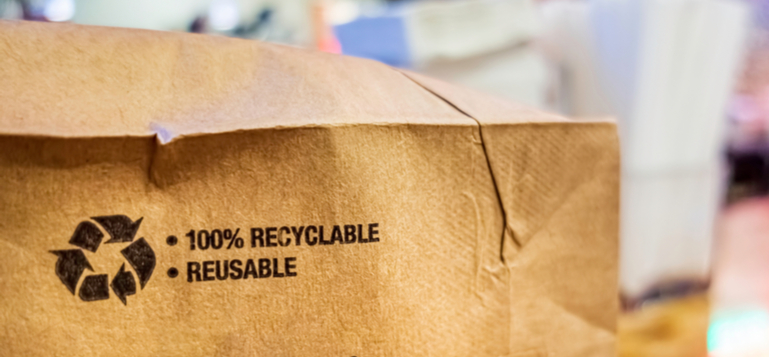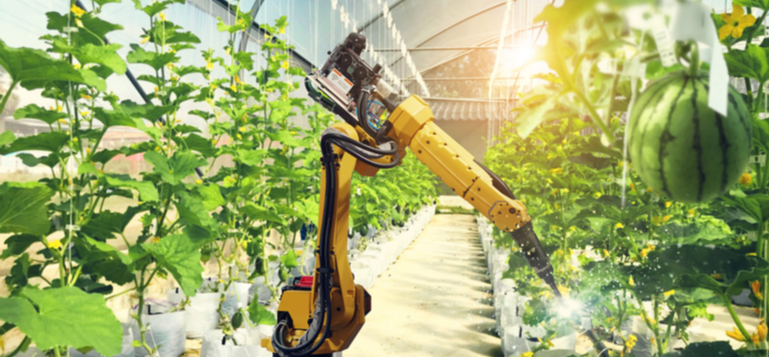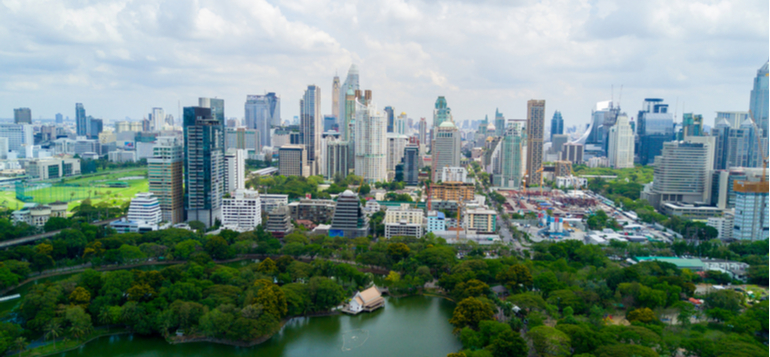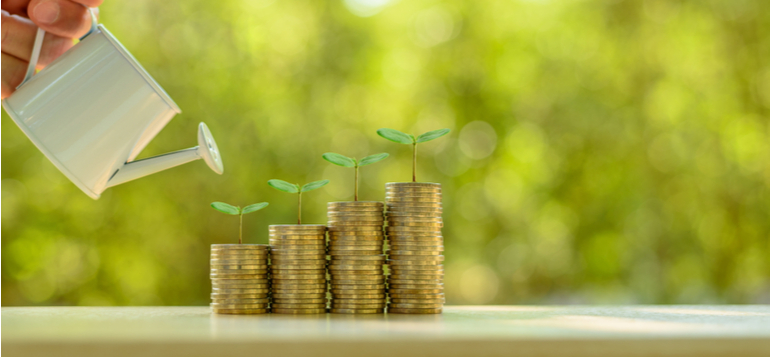Before the COVID-19 pandemic, there was a big push towards sustainable trade practices globally. As governments shift their focus towards an economic recovery, will sustainability take a back seat to policies that stimulate international trade? What does the future of sustainable trade look like?
Our blog explores some of the key trends on how COVID-19 and innovative solutions are shaping sustainability in trade in 2020.
Top Three Key Drivers of Sustainability of Trade In 2020

1. The Three Stakeholders: Consumers, Investors & Governments
Consumers, investors, and governments drive policies and practices regarding sustainable trade.
With sustainability, we’ve witnessed an ever-increasing trend in the past decade or so. The increasing social awareness on such issues has prompted a new group of consumers that are socially aware and seek products and brands that align with their values. There is increased pressure for companies to factor in these initiatives to meet consumer needs because sustainability sells!
Over the last two decades, there has been a growing interest by investors in environmental and social governance (ESG) issues. A recent survey of senior executives at 43 of the world’s largest institutional investors indicates that ESG is actually at the forefront in the industry. More and more shareholders are moving towards requiring ESG performance reviews. In fact, more and more businesses are moving towards the incorporation of ESG performance into all shareholder reviews.
Governments are also starting to recognise that trade goals must be compatible with sustainable development. Many free trade agreements (FTA) today have dedicated chapters on environmental issues, though the level of ambition and effectiveness varies.

2. Environmentally Sound Technology’s (ESTs): The Key Technology Driving Sustainability in Trade
Environmentally Sound Technologies (ESTs) are technologies that protect the environment, by generating less pollutants and use resources in a more sustainable manner. Over the past few years, there has been a clear growth in EST trade with an 80% increase over the last decade. The increased uptake of EST suggests that more businesses are making use of technologies that can improve or mitigate damage to the environment.
To track the trade of ESTs and mirror the growing connections and relationships between trade and sustainability, DMCC has launched its new sustainability index. To view a full analysis of the key EST exporters and importers, click here and download DMCC’s Future of Trade 2020 Report.

3. COVID-19: The Push For a ‘Green Recovery’
The global economy has taken a massive hit due to COVID-19, and recovery is going to be a major focus over the next few years. It could, however, be an opportunity to rethink sustainability in trade. Supply chain disruptions caused by COVID-19 has brought about unexpected benefits to the environment. Since COVID-19, there has been an 8% reduction in CO2 emissions due to increased localisation of production. And most importantly, communities are already noticing the positive impact this has had on the environment.
Many are taking notice of the improved air quality standards and better living conditions due to the reduction of pollution, which is causing a shift towards a more sustainable mindset. There is now more social and political pressure to “build back better”.
While it may seem too early to determine the impact COVID-19 will have on sustainability in international trade, there are already indications of a push for a green recovery.
To learn more about the threat and opportunity COVID-19 poses to the future of sustainability in trade, click here.
Is Sustainability at its Tipping Point?
Among the numerous businesses and trade experts interviewed for this report, there were mixed views on whether or not sustainability was really at its tipping point. While 92% of CEOs believe the integration of sustainability will be critical to the future success of businesses, only 48% say they are implementing sustainability into their operations. This is mainly due to the lack of economic incentive for companies to move towards more sustainable business operations.
For a deeper understanding of the relationship between trade and sustainability and how it will pan out in the next decade, download our Future of Trade 2020 report here.




